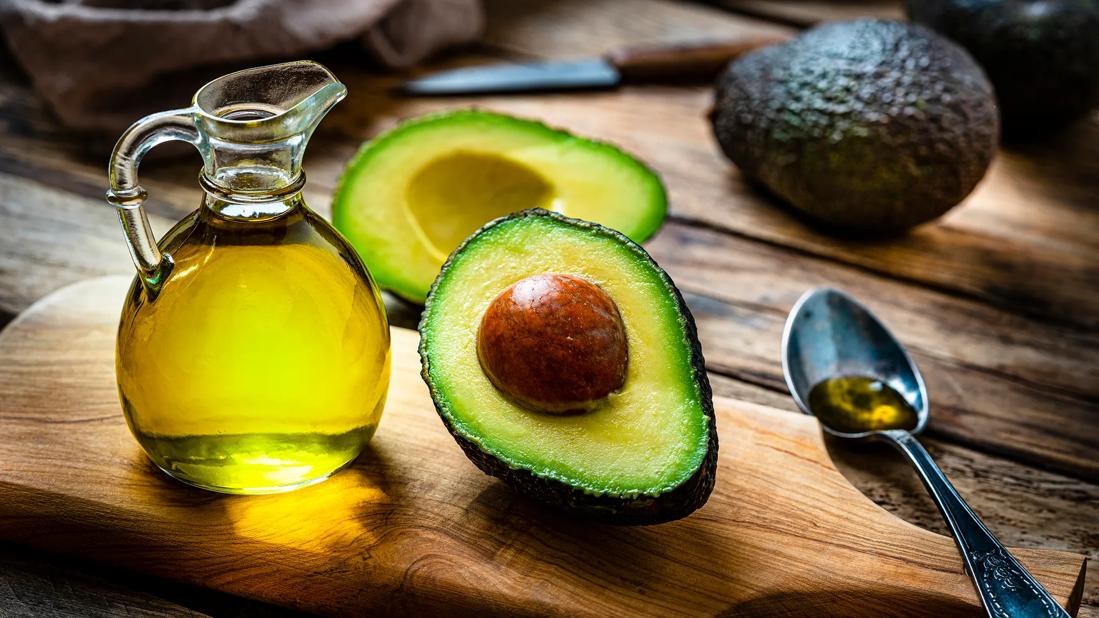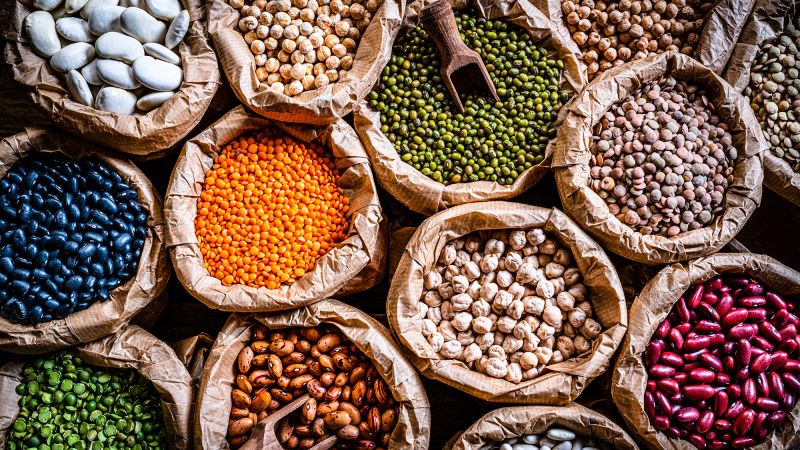
If you have irritable bowel syndrome (IBS), it can be difficult to digest food without bloating, gas, or diarrhea. Avocados are one food that people will often recommend if you are prone to IBS-like symptoms.
But, if you truly have IBS, you may be advised by your healthcare provider to eat a so-called low-FODMAP diet to maintain control of your symptoms.
FODMAPs are types of carbohydrates that are poorly absorbed in the gut and can ferment, triggering IBS symptoms. FODMAP stands for fermentable, oligosaccharides, disaccharides, monosaccharides, and polyols. By eating low-FODMAP foods, you may be better able to avoid IBS attacks.
This article looks at how avocados can fit into a low-FODMAP diet. It also weighs the benefits of this healthy, nutrition-packed food against the possible risks in people living with IBS.
Health Benefits of Avocados
Avocados, particularly the wrinkly-skinned Haas avocados found in most grocery stores, are a nutrient-dense food packed with essential vitamins and minerals as well as beneficial plant-based chemicals (known as phytonutrients).
Just one-half of a Haas avocado delivers the following important nutrients:
Nutritional Benefits of Avocados
One whole Haas avocado (6 ounces) delivers 234 calories, 25% of the recommended daily intake of vitamin C, and 40% of the recommended daily intake of fiber. They are also an excellent source of “good” monounsaturated fats that may help reduce cholesterol and triglycerides.
How Much Avocado Is Allowed on a Low-FODMAP Diet
By and large, avocados are OK for an IBS diet as long as you limit your intake. Avocados do contain FODMAPs but can be classified as low, moderate, or high, depending on how much you eat.
According to the FODMAP classification system created by Monash University in Australia, foods are ranked based on how many grams of a specific FODMAP carbohydrate they contain. The threshold under which a food is considered to be low-FODMAP breaks down as follows:
- Oligosaccharides: Less than 0.3 grams
- Monosaccharides: Less than 0.2 gram
- Polyols: Less than 0.4 grams
An eighth of an avocado is considered low-FODMAP. In contrast, 1/4 of an avocado is considered moderate-FODMAP, and 1/2 of an avocado is regarded as high FODMAP.
Even so, not all people with IBS respond to FODMAPs (or specific FODMAP foods) in the same way. Some people may tolerate larger portions, while others may react to even a tiny amount. Finding the portion that is right for you may require trial and error until you find your “safe zone.”
Tips for Eating Avocados When You Have IBS
There are ways to incorporate avocados into your diet even at smaller portion sizes required to keep FODMAP levels low. You can:
- Add them to smoothies or blend them into protein drinks.
- Add them to salads or blend them with a vinaigrette for a richer dressing.
- Use them as a sandwich spread as a substitute for mayonnaise.
- Add them to sushi rolls or use them as a pizza topping.
Avocados bruise easily. To avoid this, buy Haas avocados when they are dark green and have little “give” when you squeeze them in your palm. Allow them to ripen on the counter and transfer them to the refrigerator until ready to eat. Most avocados can be kept this way for up to a week.
Since you won’t be eating a whole avocado due to concerns about FODMAPs, cut off just a wedge and leave the rest of the fruit attached to the pit. Wrap the leftover with cling film and return it to the refrigerator. This will help keep it from turning black.
You can also remove the fruit from its skin and store it in your freezer in a plastic bag or airtight container.
Summary
Avocados are a healthy, nutrient-dense fruit that can be part of a balanced diet. But, it may not be something to eat in large portions if you have irritable bowel syndrome (IBS).
Avocados contain FODMAPs that can trigger IBS symptoms and may be high, moderate, or low in FODMAPs depending on how much you eat.
In terms of portion sizes, 1/8 of an avocado is considered low-FODMAP and should be safe to eat if you have IBS. Some people may be able to tolerate more.
A Word From Verywell
It is important to remember that a low-FODMAP diet is not intended for weight loss. It is designed specifically for people with irritable bowel syndrome (IBS) to reduce or avoid symptoms.
If your healthcare provider recommends a low-FODMAP diet, consider seeing a dietitian who can offer advice on the foods to eat and avoid while ensuring good nutrition with the right proportion of protein, carbohydrates, fiber, and healthy fats.
link

:max_bytes(150000):strip_icc()/BarbaraBolenPhD_1000-518fe02049d3402380d5d029c47b9b53.jpg)





